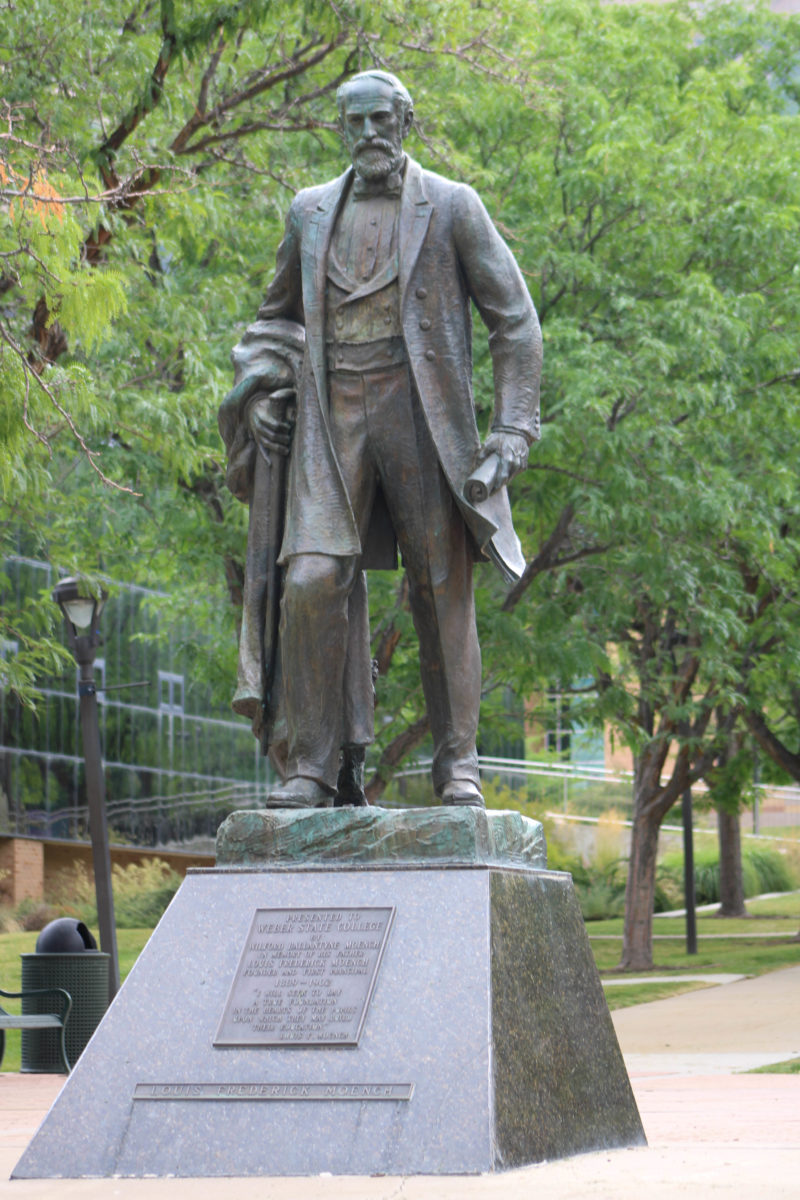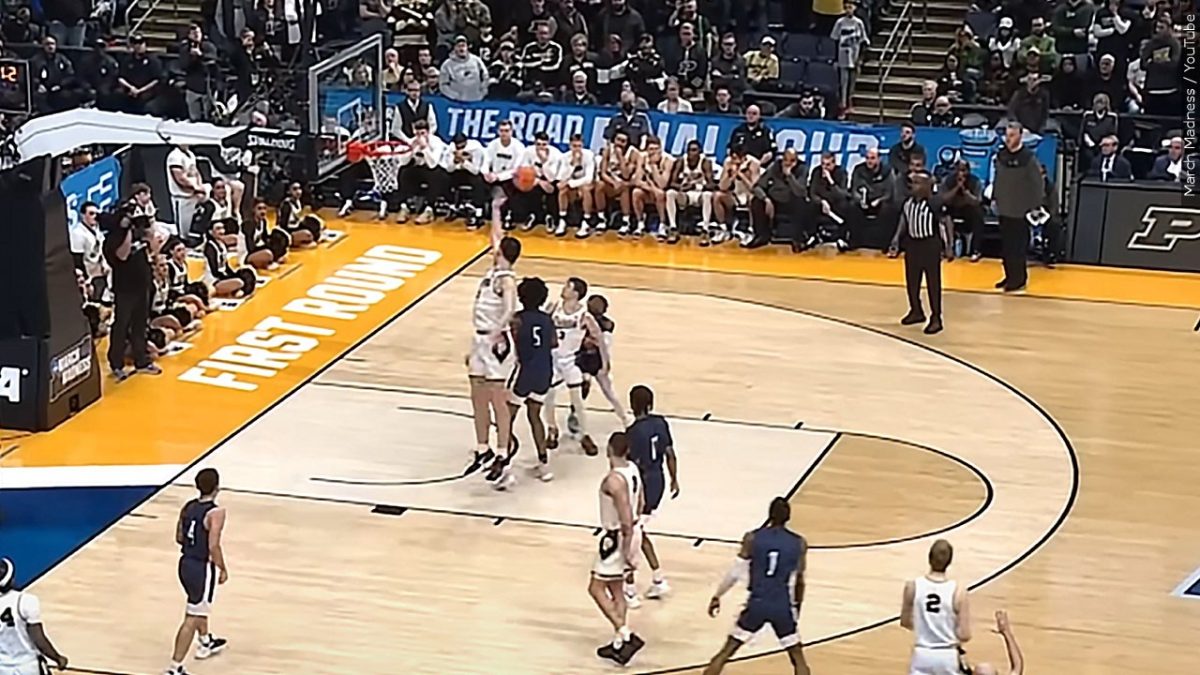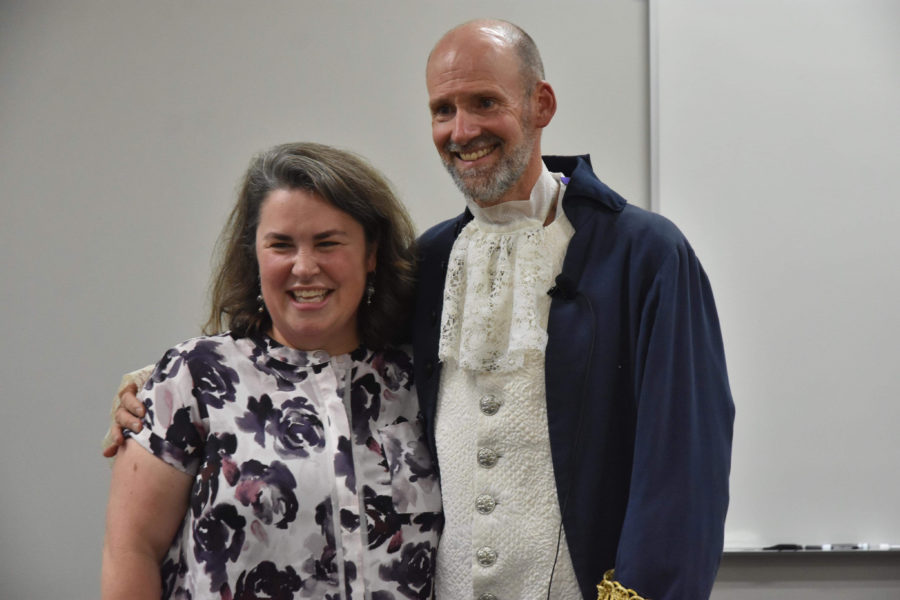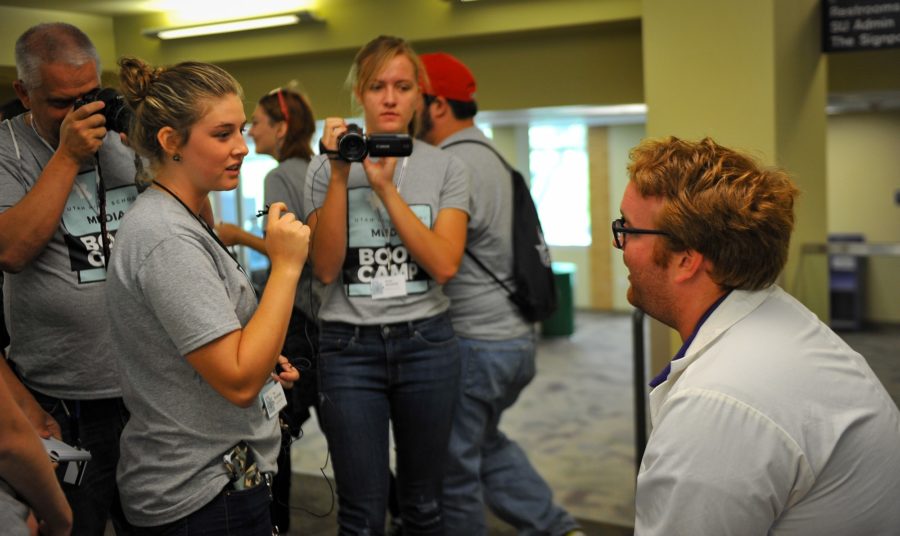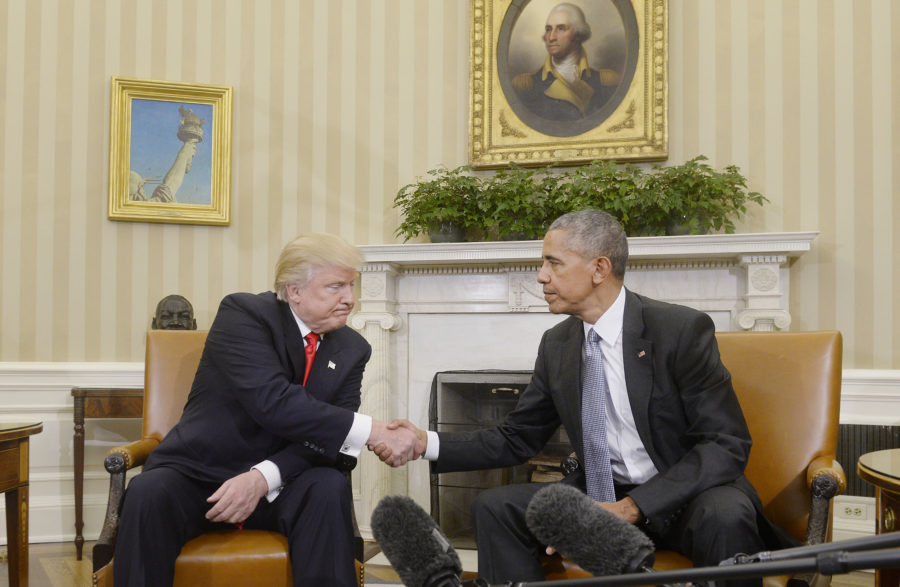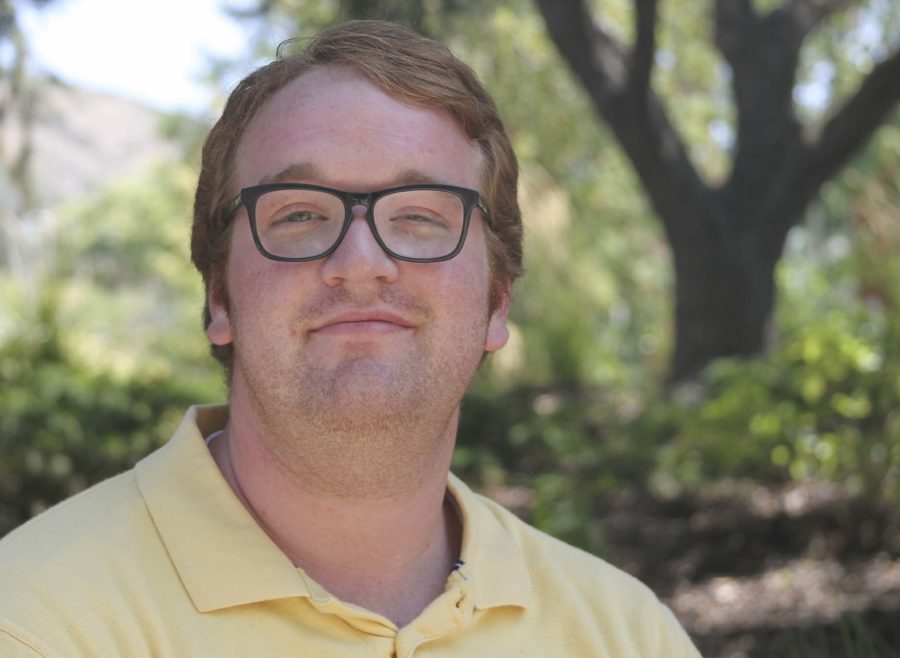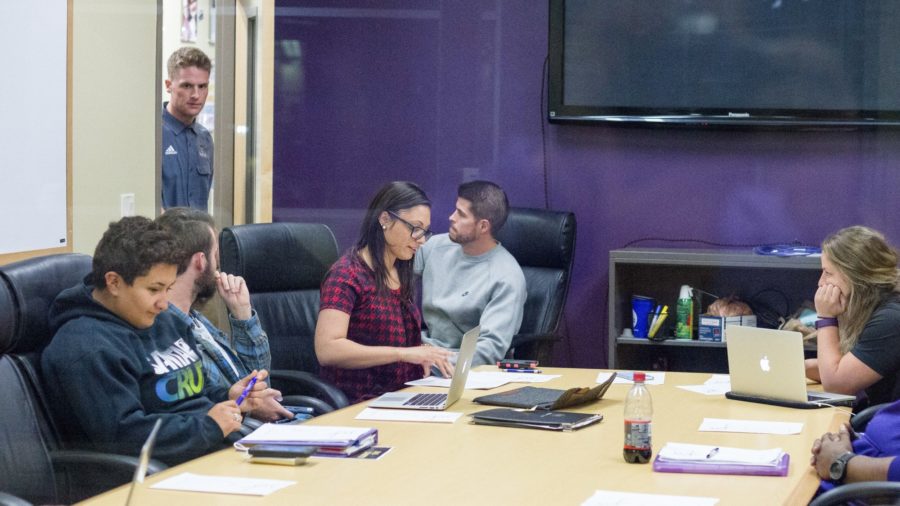We can breathe easy now; the faculty senate voted to keep Spring Break.
Although their vote isn’t the final say, it’s a preliminary and important step, which allows us to step away from the overwhelming concern that we might lose a beloved tradition so we can more honestly examine what we’d get with the new calendar and why we’d get it.
It was about four years ago that the schedule became unsettled because of a student initiative to change the summer schedule of one four-week block and two six-week blocks. Since then, Weber State University has experimented with a couple different schedules to meet student wishes. The latest change was driven because of the quick and unpopular transition from the Christmas and New Year’s holidays to the start of school. This year, for example, school will start on Monday, Jan. 2.
Essentially, the faculty senate decided the timing and quantity of vacation are the two primary issues when deciding on a new calendar. They chose to start each semester a couple weeks later and, by adding a little time to each session, end them just a week later. On the whole, the changes are rather minuscule and will not have a significant impact on most students. However, the decision might be reflective of a troubling attitude governing some faculty preferences, an attitude shared by many students, which they might not begin with but acquire as the stresses of college weigh them down: The easiest path to a degree is the best path. Or, for faculty: The easiest way to graduating students while meeting accreditation standards is the best way.
Many of us probably start college with a more idealistic motivation: “The more I learn before walking for a diploma, the better.” It’s a view wherein the means is the end, where learning is the essential and valued part and the diploma is an important byproduct, important only because it verifies the essential: our ability to and love for acquiring knowledge. Faculty also likely start their careers with a similar motivation — to engender students with a love for learning.
However, the faculty’s recommended calendar is not reflective of a passion for helping students in the most essential ways. The calendar was chosen for ‘personal preference,’ as one faculty member indicated after faculty senate adjourned Thursday. It was chosen for convenience and ease. It was chosen for a few extra days off after the new year. Although they’ve written a catchy rationale for the recommended change, like more time for instructors to update syllabi and get grades in, it really comes down to more time for lounging after the new year. It was even listed first in a paper titled ‘Rationale for Tweaking WSU’s Tri-Semester Academic Calender.’
In speaking with faculty after the vote for the new calendar, the professor who didn’t support the recommended calendar had conviction. He embraced his viewpoint unabashedly. Another professor who wasn’t quoted in The Signpost wouldn’t own up to his vote. He hid behind the idea of ‘Well, regardless of my personal feelings, my job is to support what the faculty wants, and a survey shows the faculty wants what I voted for.’ If he really thought his vote was right, wouldn’t there be a trace of conviction?
Perhaps the calendar will serve students as good as any calendar, but it does not appear that is why it was recommended. Consequently, the decision-making process was flawed. This is what’s troubling. Even if the calendar proves to be excellent, if faculty consistently make choices for personal preference and not to create an ideal institution of learning, eventually students will be on the losing end.
Frankly, calendars should be chosen because they create the rigor and challenge students will likely face in the professional world and because they provide the most opportunity for students to become masters of their respective studies. Time is critical to learning anything, and the new calendar, while increasing classroom time slightly, reduces the number of days a student has to prepare for a recital or a play, perform clinicals or study.
Although The Signpost appreciates and acknowledges the dedication and passion seemingly prevalent amongst faculty, this latest decision doesn’t seem to reflect the selling points of the university. It doesn’t seem to reflect the student-first brand WSU has built an institution of higher learning on. As administration reviews the calendar, we ask them to approach it with a different attitude, to be governed by a desire to deliver the best education possible to students and not by personal preference.







